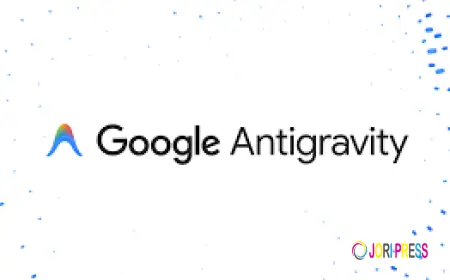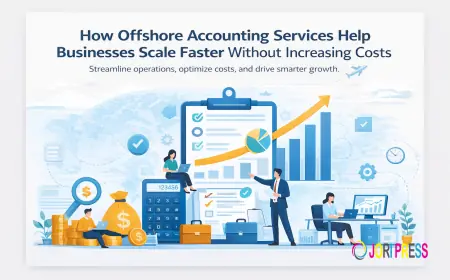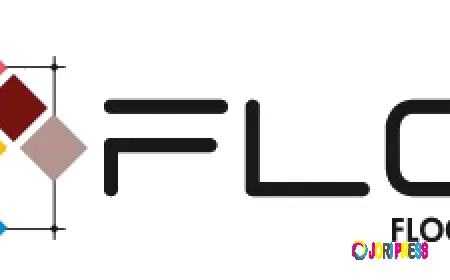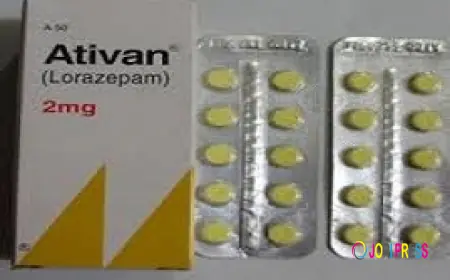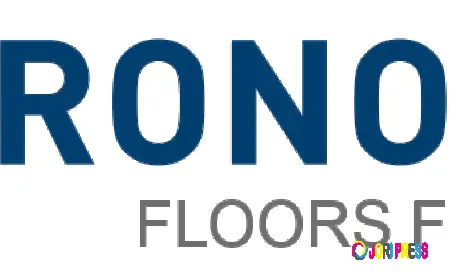How Real Estate Tokenization is Transforming Property Investment in 2025?
Discover how real estate tokenization in 2025 is revolutionizing property investment with fractional ownership, liquidity, and global access.
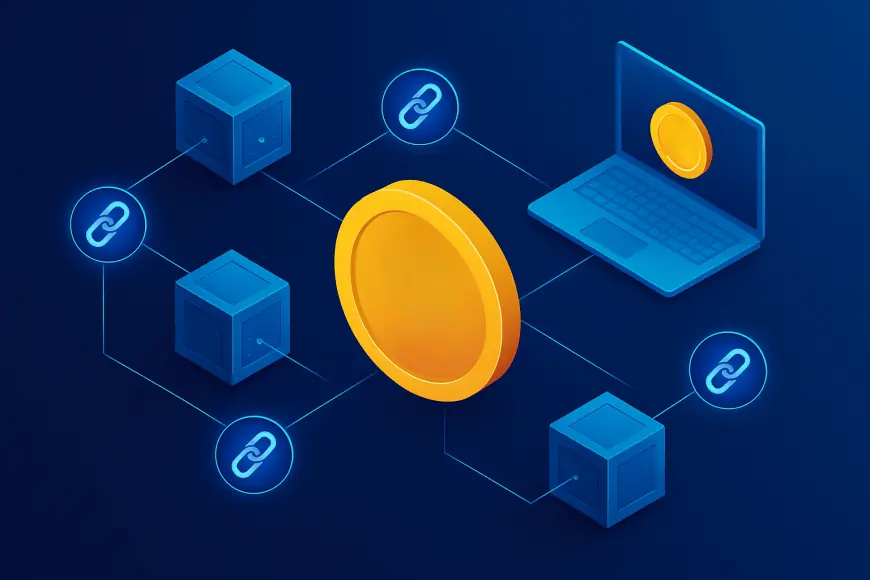
The real estate industry has always been a cornerstone of wealth creation, but it is also infamous for being capital-intensive, illiquid, and inaccessible to many investors. In 2025, however, these barriers are being dismantled by the rise of real estate tokenization a process where properties are converted into digital tokens on a blockchain. This innovation allows fractional ownership, higher liquidity, global accessibility, and more efficient transactions, transforming how investors interact with real estate markets.
Tokenization is more than a passing trend it’s a paradigm shift powered by blockchain, smart contracts, and decentralized finance (DeFi). Institutional investors, startups, and governments are recognizing its potential, making it one of the most exciting investment revolutions of this decade. In this blog, we will explore how real estate tokenization is reshaping property investment in 2025, the benefits it brings, challenges it faces, and its long-term impact on global markets.
What is Real Estate Tokenization?
Real estate tokenization is the process of converting ownership rights of a property into digital tokens stored on a blockchain. Each token represents a share of the property, similar to how a stock represents ownership in a company. These tokens can be bought, sold, or traded on digital marketplaces, allowing investors to participate in real estate without the need to purchase entire properties.
Unlike traditional real estate investment trusts (REITs), tokenized real estate gives investors direct ownership rights tied to specific properties, governed by smart contracts. These contracts ensure transparent, tamper-proof transactions while automating aspects such as dividend distribution (rental income), voting rights, and profit sharing. In essence, tokenization turns physical assets into digital, tradable ones bridging the gap between traditional real estate and the modern blockchain ecosystem.
The Evolution of Property Investment Models
Historically, property investment required large sums of capital and involved lengthy processes such as mortgage approvals, paperwork, and third-party verification. Over time, REITs and crowdfunding platforms made it possible for investors to participate in real estate indirectly.
By 2025, tokenization has emerged as the next evolutionary step:
-
From Direct Ownership to Fractional Ownership: Tokenization allows investors to buy property shares for as little as $100, unlike the millions required to purchase commercial buildings.
-
From Localized Markets to Global Participation: Blockchain enables borderless investment opportunities, opening access to international properties.
-
From Illiquidity to Instant Trading: While traditional real estate often locks capital for years, tokenized assets can be traded on secondary markets almost instantly.
This shift represents a democratization of property investment, making it more inclusive and accessible to retail investors worldwide.
How Real Estate Tokenization Works in 2025
The process of real estate tokenization involves several steps:
-
Property Valuation & Legal Structuring: The property is evaluated, and ownership is transferred to a legal entity such as an LLC or Special Purpose Vehicle (SPV).
-
Token Creation: The ownership rights are represented as blockchain-based tokens, often issued under regulatory frameworks such as security tokens.
-
Smart Contract Integration: Smart contracts are developed to manage token functions, including transfer, dividend distribution, and compliance.
-
Investor Onboarding: Investors undergo Know Your Customer (KYC) and Anti-Money Laundering (AML) checks before purchasing tokens.
-
Trading & Liquidity: Tokens can be listed on digital exchanges, enabling peer-to-peer trading.
In 2025, advanced platforms are making tokenization seamless by integrating compliance checks, AI-driven property valuations, and automated reporting for investors.
Benefits of Real Estate Tokenization
1. Fractional Ownership
Tokenization breaks down expensive properties into affordable shares. This enables retail investors to diversify portfolios by holding fractions of multiple properties rather than committing all capital to one asset.
2. Increased Liquidity
Traditional real estate investments often require months to liquidate, but tokenized assets can be sold within minutes on digital exchanges. This liquidity makes real estate as dynamic as stocks or crypto assets.
3. Global Accessibility
Investors from different countries can now participate in the same property market, bypassing geographical and financial restrictions. For instance, an investor in Asia can purchase a fraction of a luxury apartment in New York with ease.
4. Transparency & Security
Since tokenized properties operate on blockchain, every transaction is recorded in a tamper-proof ledger. This transparency reduces fraud, disputes, and the need for intermediaries.
5. Reduced Costs & Faster Settlements
Smart contracts automate most processes, cutting down on legal and administrative costs. Settlement times that once took weeks now occur within minutes.
6. Access to New Asset Classes
Tokenization is enabling investments in previously inaccessible markets such as luxury real estate, vacation rentals, and even government-owned infrastructure projects.
Real Estate Tokenization Trends in 2025
Rise of Institutional Adoption
Large institutions like pension funds and hedge funds are increasingly allocating capital to tokenized properties, recognizing their liquidity and transparency advantages.
Integration with DeFi Ecosystems
Tokenized real estate can now be used as collateral in DeFi platforms. Investors can borrow against their tokenized assets, creating new opportunities for leveraging property holdings.
AI-Powered Property Analysis
Artificial Intelligence is streamlining valuations, risk assessment, and rental yield predictions, making tokenized property investments more data-driven.
Hybrid Marketplaces
2025 has seen the rise of hybrid exchanges where tokenized properties, REITs, and cryptocurrencies are traded side by side, creating interconnected ecosystems.
Challenges and Risks in Real Estate Tokenization
Regulatory Complexity
Regulatory frameworks vary from country to country. Some jurisdictions classify tokenized assets as securities, while others have yet to establish guidelines. Compliance remains a major hurdle.
Technology Adoption
Although blockchain is secure, scalability and interoperability remain challenges. Ensuring that platforms integrate seamlessly with existing financial systems is crucial.
Market Volatility
Like cryptocurrencies, tokenized real estate markets can face volatility in pricing, especially in early adoption phases. This can deter risk-averse investors.
Security Concerns
Cybersecurity risks, such as hacks and wallet breaches, pose significant threats. In 2025, multi-signature wallets and advanced custody solutions are mitigating these issues.
Case Studies of Real Estate Tokenization in 2025
1. Luxury Apartments in Dubai
Dubai has emerged as a hub for tokenized real estate, where high-value apartments are fractionalized and sold globally. Investors receive dividends through rental income distributed via smart contracts.
2. Commercial Properties in the U.S.
In the U.S., major commercial properties like office towers and shopping centers are tokenized to attract global investors, creating a steady stream of liquidity and capital inflows.
3. Affordable Housing Projects in Africa
Tokenization is being used to fund social impact initiatives, allowing investors to finance affordable housing while receiving returns. This model is bridging investment with social responsibility.
Future of Real Estate Tokenization Beyond 2025
Looking ahead, real estate tokenization is expected to merge further with the metaverse and digital twins. Virtual property investments linked to real-world assets will become common, creating a hybrid ecosystem of physical and digital real estate.
Additionally, government adoption is on the horizon. Countries are exploring blockchain-based land registries and tokenized real estate bonds to fund infrastructure projects. By 2030, tokenized real estate could evolve into a trillion-dollar market, changing how we view ownership, investment, and wealth creation.
Conclusion
In 2025, real estate tokenization is no longer a futuristic idea it is an active force reshaping global property investment. By making real estate more accessible, liquid, transparent, and cost-effective, tokenization is breaking down barriers and democratizing one of the world’s most valuable asset classes.
While regulatory challenges and technology adoption hurdles remain, the benefits far outweigh the risks. Investors now have opportunities to own fractions of prime properties worldwide, trade them instantly, and leverage blockchain technology for secure, transparent transactions.
As tokenization continues to evolve, it is clear that the future of property investment lies in digital ownership. The traditional limitations of real estate are being dismantled, and tokenization is leading the way toward a new era of wealth creation and financial inclusivity.
What's Your Reaction?
 Like
0
Like
0
 Dislike
0
Dislike
0
 Love
0
Love
0
 Funny
0
Funny
0
 Angry
0
Angry
0
 Sad
0
Sad
0
 Wow
0
Wow
0

